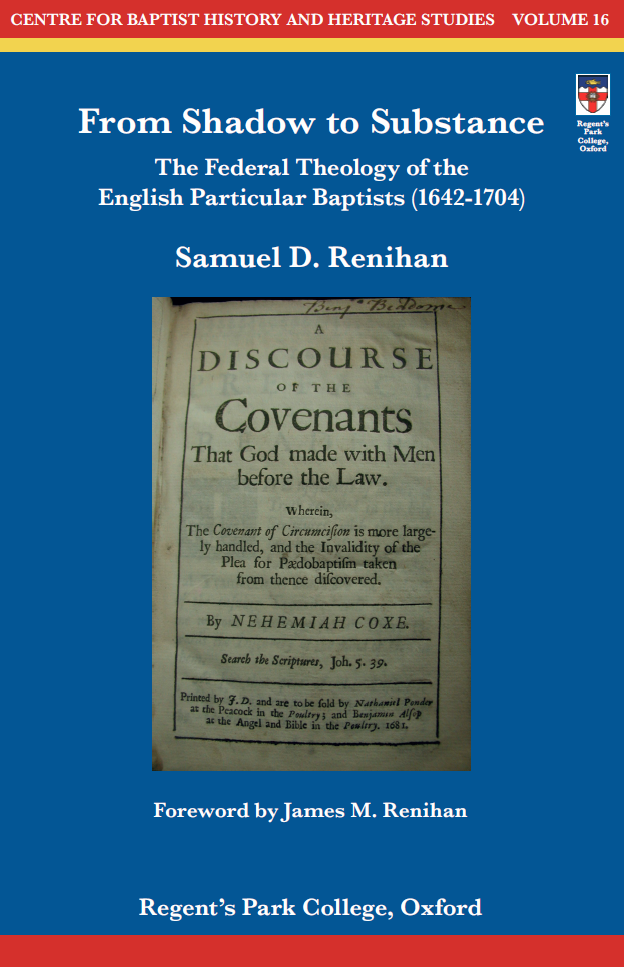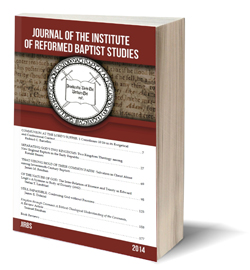Coxe was careful to distinguish, however, that simply because gospel promises were made known in and through Noah’s covenant and the history-surrounding it, Noah’s covenant was not the covenant grace itself. This was important because the same hermeneutic would be put into practice when dealing with the Abrahamic covenant. Coxe said, “under this Covenant was implyed, and darkly shadowed, the Covenant of eternal Salvation by Christ; even as the promise of the heavenly Inheritance unto Believers, was afterwards couched in the Promise of Canaan to Abraham and his Seed.”
Setting the stage for interpreting the covenant of circumcision was of highest importance for Nehemiah. His comments on covenant relation in general and everything that followed set down a system of covenant theology within which later covenants would receive consistent treatment. Coxe did this in the Noahic covenant, not just through careful typology, but also through discussing federal headship.
Nehemiah noted that the covenant was made with Noah, his sons, their seed, and their perpetual generations. The concept of federal headship meant that so long as the covenant remained active, all later generations had a direct claim to the terms thereof. Covenant interest was not mediated through parents, but through federal headship. He said, “remote Generations…are as much concerned in this Covenant…without any consideration had of their immediate parents.” -The application of this to errors in his day was that “Altho’ the Grace of the New-Covenant was mystically held forth in this Covenant with Noah, which was thus stricken with him for all his Posterity, yet were not the Grace and Blessings thereof by this means intailed upon all Mankind.” Rather, “those Blessings…remain the peculiar Right of those that do by Faith recieve them” upon all Mankind.” Coxe employed the same principles throughout his book.
From “From Shadow to Substance: The Federal Theology of the English Particular Baptists (1642-1704)” by Samuel D. Renihan, pg. 241
Buy the book here



